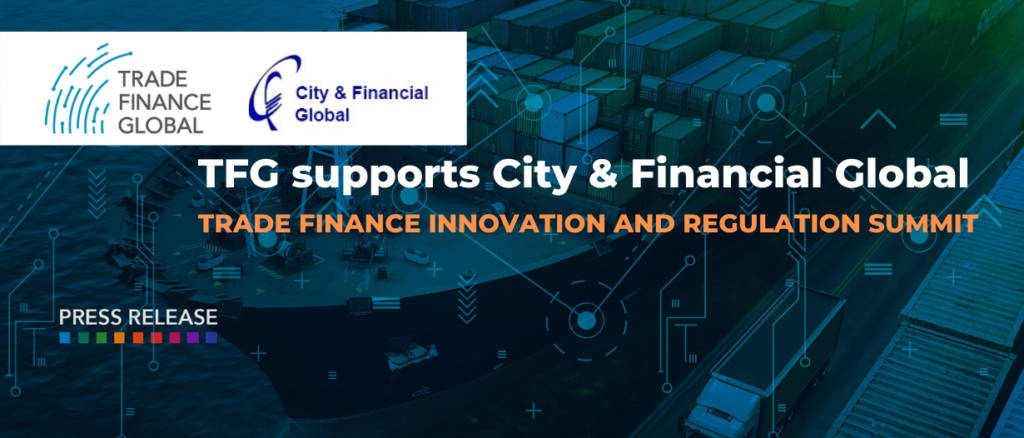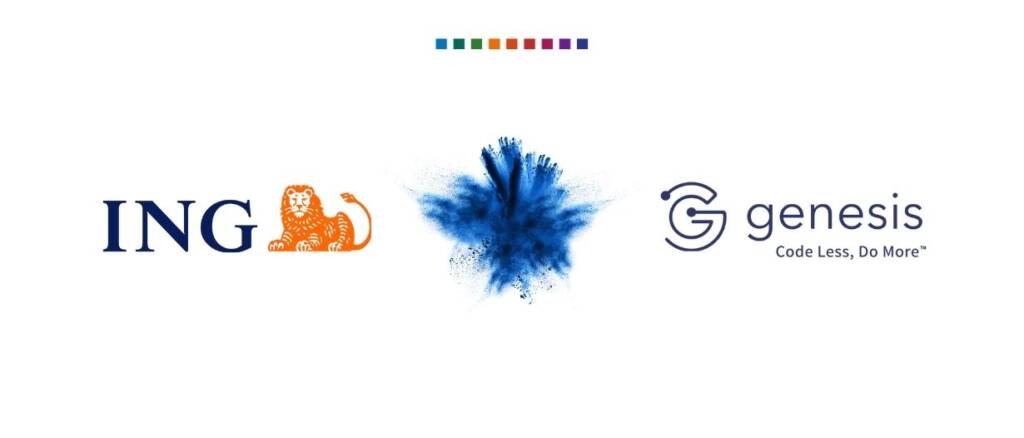As part of our strategic partnership with City & Financial Global, TFG are delighted to announce that we are supporting them at their flagship virtual conference in September – Trade Finance Innovation and Regulation Summit.
London – 27 July, 2020 – ING is pleased to announce its partnership with genesis, the Low Code Application Platform for financial markets, to launch the Credit Insurance Application (CIA), a… read more →
EIPP in combination with blockchain can help banks avoid duplicate Invoice Financing and perform dedupe effectively.
There is immense synergy to be unlocked between SMEs and trade finance funds by working closely together and developing relationships that allow for a level of comfort on both sides of the coin to be developed over time.
With competitive digital economy, Colombia will be able to plan for post-pandemic recovery and strengthen regional economies to adopt smart solutions linked to the Internet of Things that allow them to compete in global value chains.
With this global pandemic, it is recommended to encourage the use of guarantees and counter-guarantee subject to URDG 758 as it provides a balance between the interests of all the parties involved.
DeFi has unleashed a wave of innovation, offering exciting opportunities and the potential to create a truly open, transparent, and immutable financial infrastructure.
SMEs need to re-think their innovation strategy including digitalisation as the pandemic has accelerated the shift to digital technology in trade.
Only through collaboration and interoperability with other key technologies like AI, RPA, and the IoT will the path of consortia be effective in making trade finance truly digital.
If regulators and established FIs are to place their faith – and their capital – in Blockchain, it must have a financial crime control framework to match efficiency of the solutions blockchain offers.
























